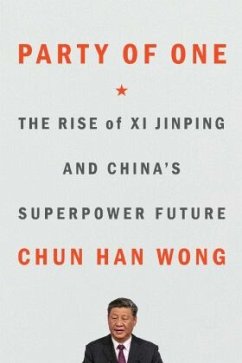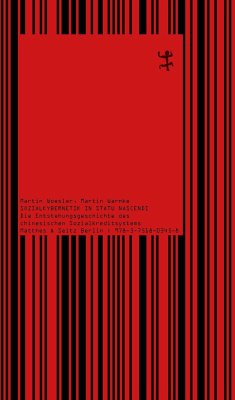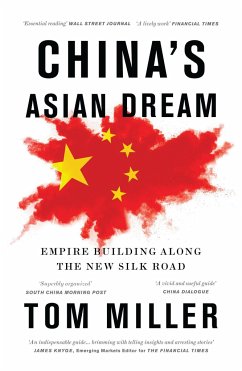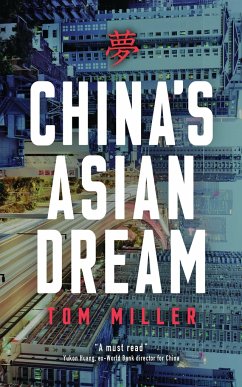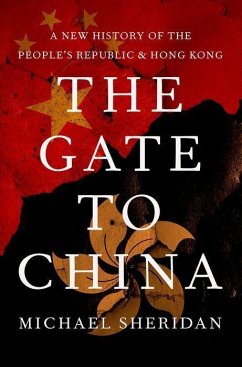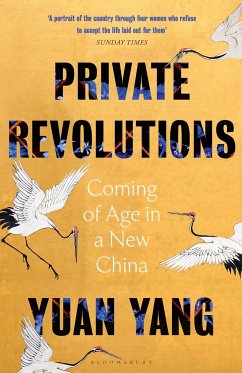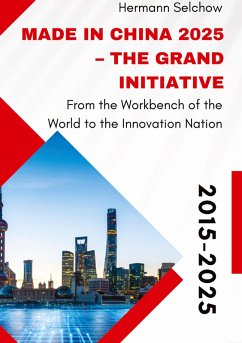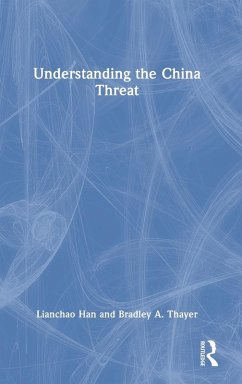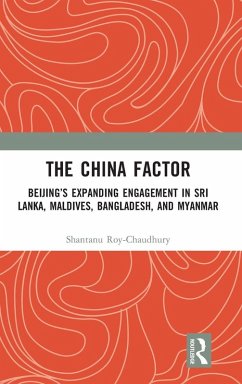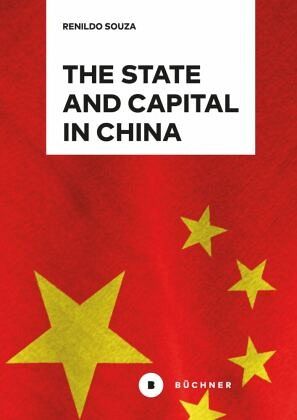
THE STATE AND CAPITAL IN CHINA

PAYBACK Punkte
0 °P sammeln!
The State and Capital in China offers a critical interpretation of Chinese recent history, scrutinizing the political and economic turnaround post-1978. It analyzes the dynamics of the party-state system, the de-collectivization of agriculture, the liberalization of the labor market, the rise of private sector, the crucial role of the global market, the new social exploitation, and the prospects for China. In the near future, it will no longer be possible to maintain current gigantic investment levels that feed its high economic growth. Global competition, technological dispute, and the downwa...
The State and Capital in China offers a critical interpretation of Chinese recent history, scrutinizing the political and economic turnaround post-1978. It analyzes the dynamics of the party-state system, the de-collectivization of agriculture, the liberalization of the labor market, the rise of private sector, the crucial role of the global market, the new social exploitation, and the prospects for China. In the near future, it will no longer be possible to maintain current gigantic investment levels that feed its high economic growth. Global competition, technological dispute, and the downward pressure of overaccumulation on the rate of profit are all significant limits to Chinese current economic model. The immense inequalities in income and wealth have been fuelling protest and worker strikes, while environmental damage limits natural resources availability. The problems of Chinese capitalism discussed in this book have been exacerbated by the new cold war unleashed by the United States. Building on the theory of uneven and combined development, this book assesses the Chinese development, refusing the economism often present in appraisals of this theme. Worker struggles and progressive forces can benefit from this research on the nature and implications of the transformations in the world's second largest economy and a new superpower.
Dieser Artikel kann nur an eine deutsche Lieferadresse ausgeliefert werden.




